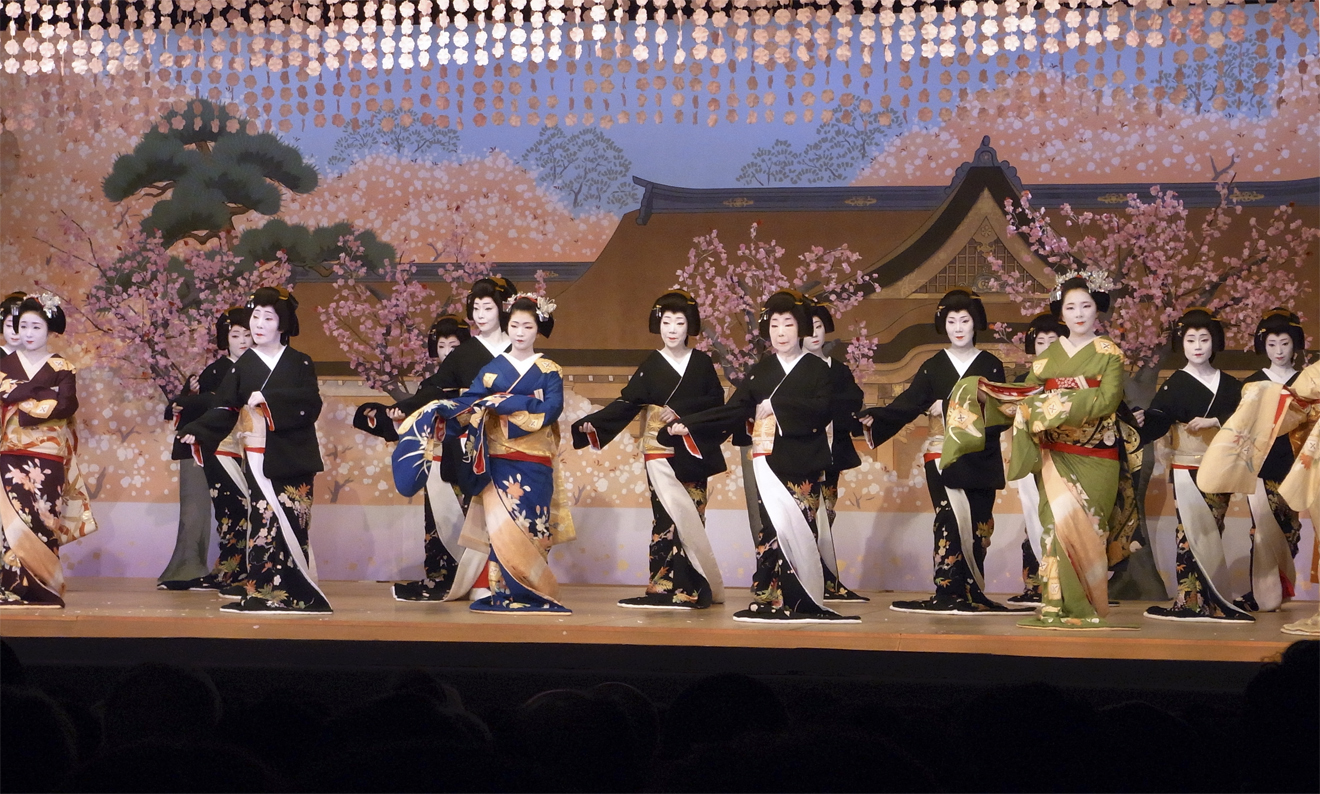
Guido v. Duane Morris: Court Requires Kabuki Dance For Mediated Settlement
June 10, 2010
Earlier this year I wrote about the oral argument before the New Jersey Supreme Court in Guido v. Duane Morris. The case concerns the plaintiffs\’ right to sue their former lawyers for malpractice based upon a settlement the plaintiffs accepted after mediation two years earlier. It required the Court to reconcile two previous opinions, Puder v. Buechel, 183 N.J. 428 (2005) and Ziegelheim v. Appollo, 128 N.J. 250 (1992). In a decision handed down last week, the New Jersey Supreme Court ruled that the former clients could overcome a motion for summary judgment and proceed to trial – essentially to attempt to prove that the settlement agreed to by them could have been better but for the negligence of their former lawyers.
Despite assurances in the Court\’s opinion to the contrary, Guido paints a large bullseye on every lawyer whose client has second thoughts about a mediated settlement after the ink is dry. Significantly, the Court emphasized that when putting the mediated settlement in Guido on the record,
“unlike in Puder, plaintiffs did not represent to the court that
they were satisfied with the settlement, or that the settlement
was fair and adequate. (emphasis added) The entirety of the colloquy between the court and plaintiffs concerning the settlement addressed but two questions: whether plaintiffs understood and agreed to abide by the settlement terms, and whether plaintiffs were subject to any impediments in understanding those terms. Glaringly absent is any representation by plaintiffs that the settlement was \’fair\’ and \’adequate,\’ a representation deemed crucial in Puder.”
Did the Court really believe that the plaintiffs in Guido v. Duane Morris would not have answered “yes” if asked whether they were satisfied with their settlement, and whether it was fair and adequate? Apparently these are now magic words that all counsel would be wise to include in written acknowledgments from their clients upon approving any mediated settlement.
[Image: Kitano Odori kabuki dance, by Onihide, April 18, 2009]
